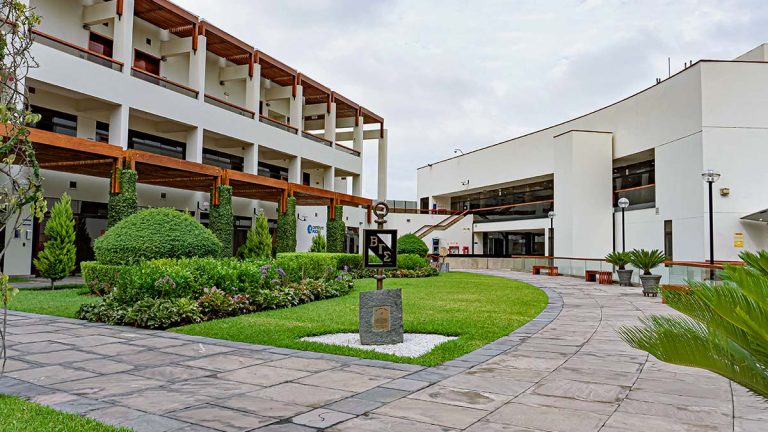Abstract
Purpose
This remastered analysis focuses on the impact of entrepreneurial interventions in higher education institutions (HEI), particularly in social entrepreneurship. The study evaluated the effectiveness of such interventions through a pre-and post-test approach, examining various skill sets in students. The primary goal was to analyze the influence of entrepreneurial training programs on students’ competencies in social entrepreneurship by analyzing changes in personal behavior, leadership, innovation, social value and management skills before and after the educational interventions.
Design/methodology/approach
The study employed a quasi-experimental design, analyzing pre-and post-test results in three distinct social entrepreneurship training experiences. The sample consisted of 304 participants, providing a comprehensive view of the impact of these interventions.
Findings
The main findings were: (1) Educational interventions in social entrepreneurship must emphasize strategies for self-awareness, emotional intelligence and personal development improvement. The analysis revealed significant improvements in these areas, indicating that targeted strategies in these domains are essential for enhancing the effectiveness of social entrepreneurship education. (2) The impact of educational interventions on these capabilities can be effectively evaluated using machine learning methods such as ordinary least squares (OLS) regression. This approach allows for the inclusion of variables such as gender, age or location, providing a comprehensive assessment of the interventions’ impact. (3) The interventions were particularly effective in improving students’ innovation and leadership competencies. The analysis demonstrated substantial enhancements in these areas, underscoring the success of the interventions in developing these critical skills. (4) The study highlighted the need for a more focused approach in future interventions, emphasizing the importance of management, social value and personal skills. Additionally, it pointed out the necessity of developing and utilizing appropriate tools to create and evaluate these interventions effectively.
Practical implications
The study provides insights into improving educational interventions in social entrepreneurship to better develop essential skills in students.
Originality/value
This research introduces a significant approach to educational interventions for educational communities and decision-makers by demonstrating the effectiveness of entrepreneurial training for competencies in innovation and leadership, which are crucial for societal and economic development.



